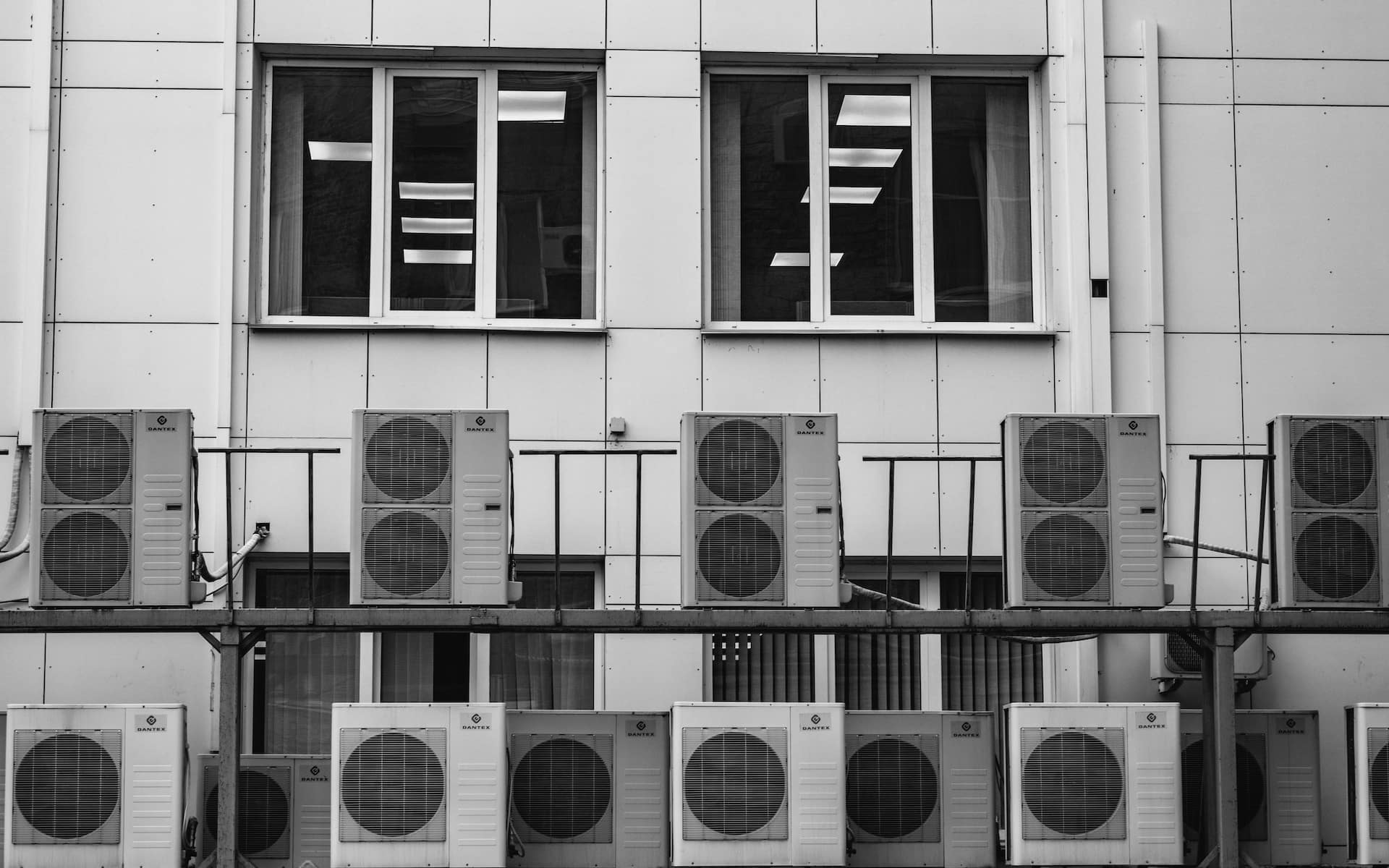When summer heat makes its way into your home, an efficient and comfortable cooling solution is essential for maintaining a pleasurable indoor environment. Central air conditioning systems have become increasingly popular as homeowners realize the benefits of convenient and consistent cooling throughout their entire living space. In this article, we will delve into the workings of central air conditioning systems, discuss their advantages, and help you decide if central air can be the perfect choice for your home cooling needs.
Components of a Central Air Conditioning System
1. Outdoor Unit: Condenser and Compressor
The outdoor unit houses crucial components, including the compressor and condenser coil. The compressor increases the refrigerant’s temperature and pressure, transforming it into a hot gas. This high-pressure refrigerant then flows into the condenser coil, where it dissipates heat to the outside air, transforming it back into a cooler liquid state.
2. Indoor Unit: Furnace, Air Handler, and Evaporator Coil
The indoor unit contains the furnace, air handler, and evaporator coil. The furnace and air handler help distribute cool air throughout your home while the evaporator coil cools the warm indoor air. As the refrigerant flows through the evaporator coil, it absorbs heat from the indoor air, effectively cooling it.
3. Refrigerant Lines
Refrigerant lines connect the indoor and outdoor units, allowing the refrigerant to circulate between them. They transport the heat absorbed from your home’s air to the outdoor unit, where it’s released into the outside air.
4. Ductwork and Vents
The system of ducts and vents in a central air conditioning system plays a crucial role in distributing cooled air throughout your home. As the conditioned air flows through the ducts, it’s directed into each room via vents, providing consistent cooling and maintaining a comfortable temperature.
Advantages of Central Air Conditioning Systems
1. Consistent and Uniform Cooling
Central air conditioning systems deliver consistent cooling to every part of your home, preventing hot and cold spots. This allows your entire living space to maintain a uniform, comfortable temperature.
2. Quiet Operation
A significant advantage of central air conditioning systems is their quiet operation. Since most of the system’s components are located outside your home, there’s minimal noise disruption inside. This results in a more peaceful and enjoyable indoor environment.
3. Energy Efficiency
Modern central air conditioning systems are designed with energy efficiency in mind. By providing whole-house cooling, they can be more cost-effective than multiple window units or portable air conditioners. Additionally, central AC systems with energy-efficient features, like programmable thermostats and variable-speed blowers, can further reduce energy consumption and save you money on utility bills.
4. Improved Indoor Air Quality
Central air conditioning systems can help improve indoor air quality by filtering and circulating air throughout your home. As the system filters the air, it removes dust, allergens, and other indoor air pollutants, creating a cleaner and healthier living environment.
Selecting the Right Central Air Conditioning System for Your Home
1. Size and Capacity
It’s essential to choose a central air conditioning system with the right size and capacity for your home. An HVAC professional can conduct a load calculation to determine the appropriate unit size based on factors like your home’s square footage, insulation, and airflow requirements.
2. Energy Efficiency
Look for systems with higher Seasonal Energy Efficiency Ratio (SEER) ratings, as these models tend to be more energy efficient. While higher SEER units may cost more upfront, their lower energy consumption can result in long-term savings on utility bills.
3. Advanced Features
Some central air conditioning systems offer advanced features, such as smart thermostats, variable-speed blowers, and two-stage compressors. These features can contribute to better temperature control, energy efficiency, and overall system performance.
Professional Installation and Maintenance of Central Air Conditioning Systems
Professional installation and regular maintenance are crucial for the optimal performance, efficiency, and longevity of your central air conditioning system. Licensed HVAC technicians have the knowledge and experience to properly install, inspect, and repair systems, ensuring they function at peak performance.
Conclusion
Central air conditioning systems offer numerous benefits, including consistent cooling, quiet operation, energy efficiency, and improved indoor air quality. Understanding the mechanics of these systems and their advantages can help you determine if central air is the ideal solution for your home’s cooling needs. If you decide that a central air conditioning system is right for your home, consult a licensed HVAC technician to select the most suitable system and ensure proper installation for optimal performance.
Don’t wait for the summer heat to become unbearable – reach out to Rightemp Home Services Inc’s professional, licensed HVAC contractor in Riverside today to discuss the possibility of installing a central air conditioning system in your home.





